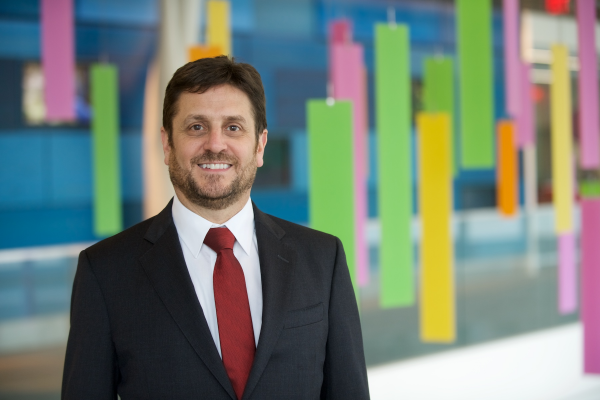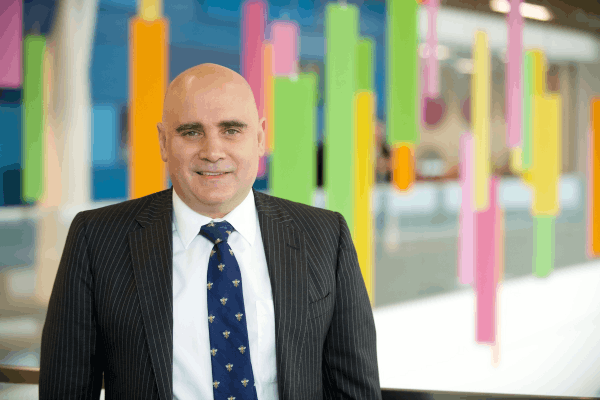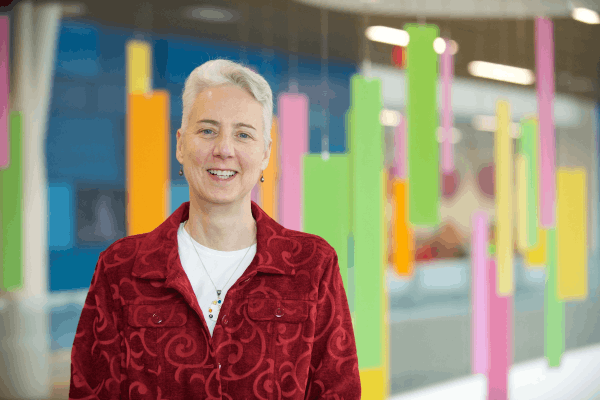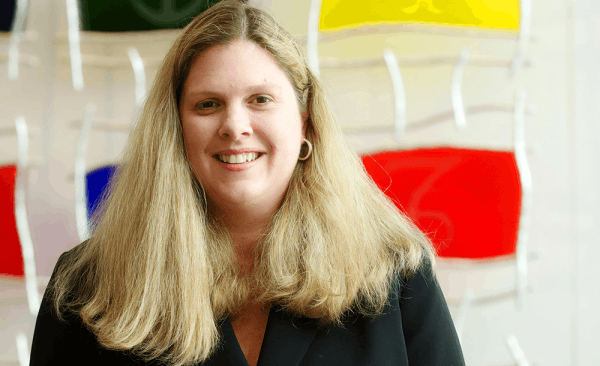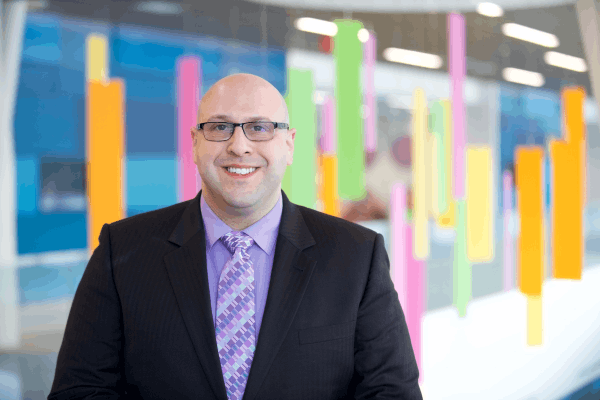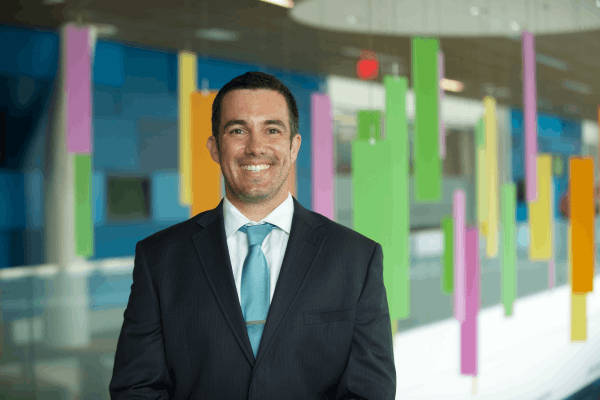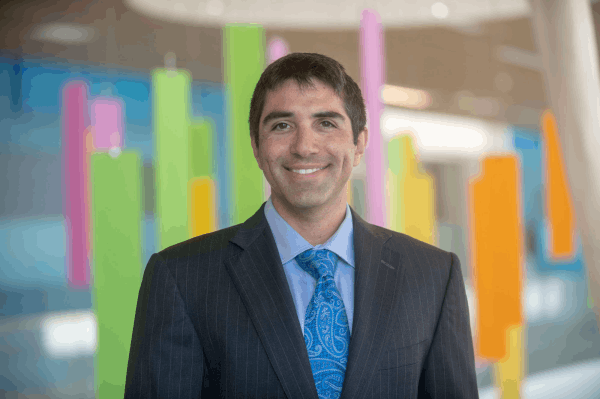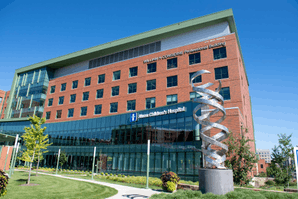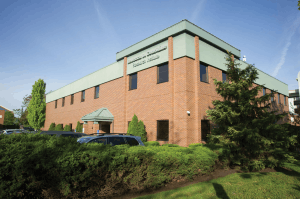Mitochondrial Center
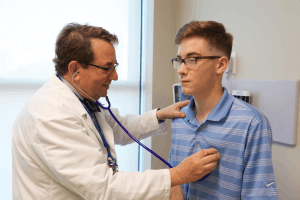
A world leader in clinical evaluation, treatment, support, education and research in mitochondrial disease, the Mitochondrial Center at Akron Children's is one of only 18 pediatric hospitals designated a Center of Excellence by the United Mitochondrial Association and one of only 17 mitochondrial centers participating in the North American Mitochondrial Disease Consortium.
Learn more...About Mitochondrial Center
Akron Children's Mitochondrial Center
The 1st to treat a mitochondrial patient with elamipretide by Stealth BioTherapeutics

#1 enrolling site of the North American Mitochondrial Disease Consortium (NAMDC) Biobank and the #3 enrolling site in its research database

The Mitochondrial Center at Akron Children’s Hospital works in collaboration with the Rebecca D. Considine Research Institute to staff and coordinate clinical trials and other research studies focused on mitochondrial disease.
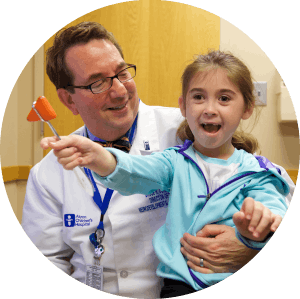
Make a donation to support the Mitochondrial Center at Akron Children’s.
Led by Bruce H. Cohen, a global expert in the field of mitochondrial medicine, our center houses one of the largest groups of internationally known mitochondrial experts trained to diagnose undefined neurological diseases and provide coordinated care across multiple subspecialties with access to research and clinical trials.
Patient care is determined on a case-by-case basis, including the potential need for services from other subspecialties. Many of our pediatric patients are seen into adulthood on an annual basis. It is also our mission to enhance diagnostics and advance knowledge of mitochondrial disease through research and clinical trials.
Our Mitochondrial Center is an integral part of Akron Children’s NeuroDevelopmental Science Center, which has been designated a Mitochondrial Care Network Center of Excellence by a consortium of patient advocacy groups including the United Mitochondrial Disease Foundation and MitoAction.
NeuroDevelopmental Science Center
Akron Children's NeuroDevelopmental Science Center, AkronConsidine Professional Building
215 West Bowery Street
Level 4
Akron, Ohio 44308
Fax: 330-543-8054
Map & directions
More about this location...
Hours
Appointments: 330-543-2778
Department: 330-543-8050
Rebecca D. Considine Research Institute
Akron Children's Rebecca D. Considine Research Institute, AkronExchange Street Building
130 West Exchange Street
Akron, Ohio 44302
Fax: 330-543-3166
Map & directions
More about this location...
Hours
Department: 330-543-3193
Bruce H. Cohen, MD, FAAN
Director, NeuroDevelopmental Science Center; Philip H. Maynard Chair in NeuroDevelopmental Science Fund; Chairman, American Academy of Neurology Advocacy Committee; Pediatric Neurologist
Sarah Elizabeth Friebert, MD
Pediatric Palliative Care Physician; Sarah Elizabeth Friebert, M.D. Leadership Chair in Pediatric Palliative Care
Matthew Ginsberg, MD
The James F. and Marguerite A. Pearson Endowed Chair in NeuroDevelopmental Sciences for Rare Diseases; Co-Director, Neurofibromatosis Clinic; Pediatric Neurologist
Richard Hertle, MD, FAAO, FACS, FAAP
Director, Pediatric Ophthalmology; Dr. Boomer and Jill Burnstine Endowed Chair in Pediatric Ophthalmology; Pediatric Ophthalmologist
In 2018
Earned certification as a Mitochondrial Care Center
#1 Enrolling Site
North American Mitochondrial Disease Consortium Biobank
Mitochondrial Research
Presented around the world
1st to treat
A mitochondrial patient with elamipretide
Open Clinical Studies
Efficacy of KL1333 in adult patients with primary mitochondrial disease
For complete details, please view the study on Clinicaltrials.gov
More about this study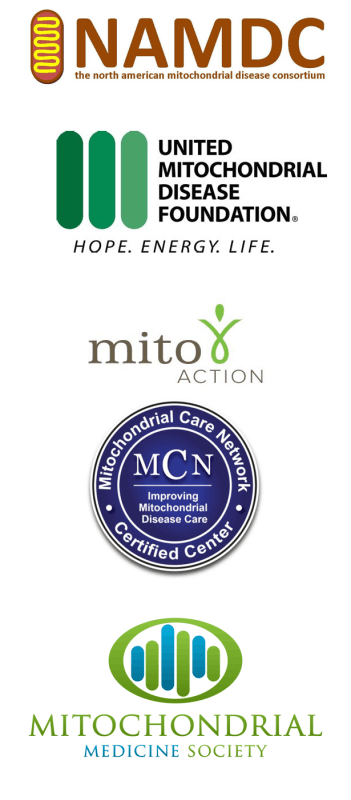
The Mitochondrial Center at Akron Children’s is proud to work with these leading mitochondrial organizations and support groups in the United States.
The Mitochondrial Center at Akron Children’s is one of 15 mitochondrial care centers in the United States as designated by the North American Mitochondrial Disease Consortium (NAMDC). NAMDC was established to create a network of clinicians and clinical investigators in North America who follow sizeable numbers of patients with mitochondrial diseases and are involved or interested in mitochondrial research. NAMDC is part of the Rare Diseases Clinical Research Network. Dr. Cohen serves on the executive board of NAMDC and has participated in all major projects. The aim of NAMDC have been to foster natural history development, clinical research, a biobank to support translational and laboratory research, disseminate information about mitochondrial disease to the general community and medical community and to serve as a resource to the public, academic and commercial community.
The largest mitochondrial support group in the U.S. is the United Mitochondrial Disease Foundation (UMDF), whose mission is to promote research and education for the diagnosis, treatment, and cure of mitochondrial disorders and to provide support to affected individuals and families. Akron Children’s has been involved by supporting their national symposium and sponsoring a local symposium for professionals and families, participation in mitochondrial scientific meetings, presenting grand rounds and the regional level nationally and participating in their annual local fundraiser, the Energy for Life Walkathon.
The mission of MitoAction is to improve the quality of life for children, adults, and families living with mitochondrial disease through support, education, outreach, advocacy, clinical research initiatives and by granting wishes for children affected by mitochondrial disease. MitoAction strive to make a measurable impact in the lives of those who are affected by mitochondrial disease.
Akron Children's mitochondrial center is credentialed by the Mitochondrial Care Network (MCN) for our comprehensive and quality longitudinal care. The MCN was established as a collaborative effort on behalf of leading mitochondrial disease professional and patient advocacy groups and represents a group of physicians at medical centers across the country that have expertise and experience in providing coordinated, multidisciplinary care for patients with genetic mitochondrial disease. The network was created to help improve the quality of mitochondrial patient care and implement best practices and standards of care in mitochondrial medicine to help improve diagnosis, treatment and patient outcomes.
The Mitochondrial Medicine Society (MMS) represents an international group of physicians, researchers and clinicians working towards advancing education, research and global collaboration in clinical mitochondrial medicine. Akron Children's and the Mitochondrial Medicine Society are key collaborative partners. Dr. Bruce Cohen recently served as president and he is currently an editor of the medical society's Mitochondrial and Metabolic Medicine (M3) journal.
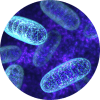
What is mitochondrial disease?
Frequently asked questions about mitochondrial disease from our partners at the United Mitochondrial Disease Foundation.
Our providers give you an inside look.
Conditions and Treatments:
Mitochondrial, Autosomal dominant optic atrophy, Alpers Disease, Barth Syndrome, beta-oxidation defects, carnitine-acyl-carnitine deficiency, carnitine deficiency, complex I deficiency, complex II deficiency, complex III deficiency, complex IV deficiency/COX deficiency, complex V deficiency, CPT I deficiency, creatine deficiency syndromes, co-enzyme Q10 deficiency, CPEO, CPTII deficiency, KSS, lactic acidosis, LBSL – leukodystrophy, LCA deficiency, LCHA deficiency, Leigh Disease or Syndrome, Leber Hereditary Optic Neuropathy, Luft Disease, MAD/glutaric aciduria type II, MCAD, MERRF, MELAS, MEPAN, MIRAS, mitochondrial DNA depletion, mitochondrial encephalopathy, MNGIE, NARP, Pearson Syndrome, POLG mutations, pyruvate carboxylase deficiency, PDC deficiency, SANDO, SCAD, SCHAD, TK2/myopathic form, VLCAD














